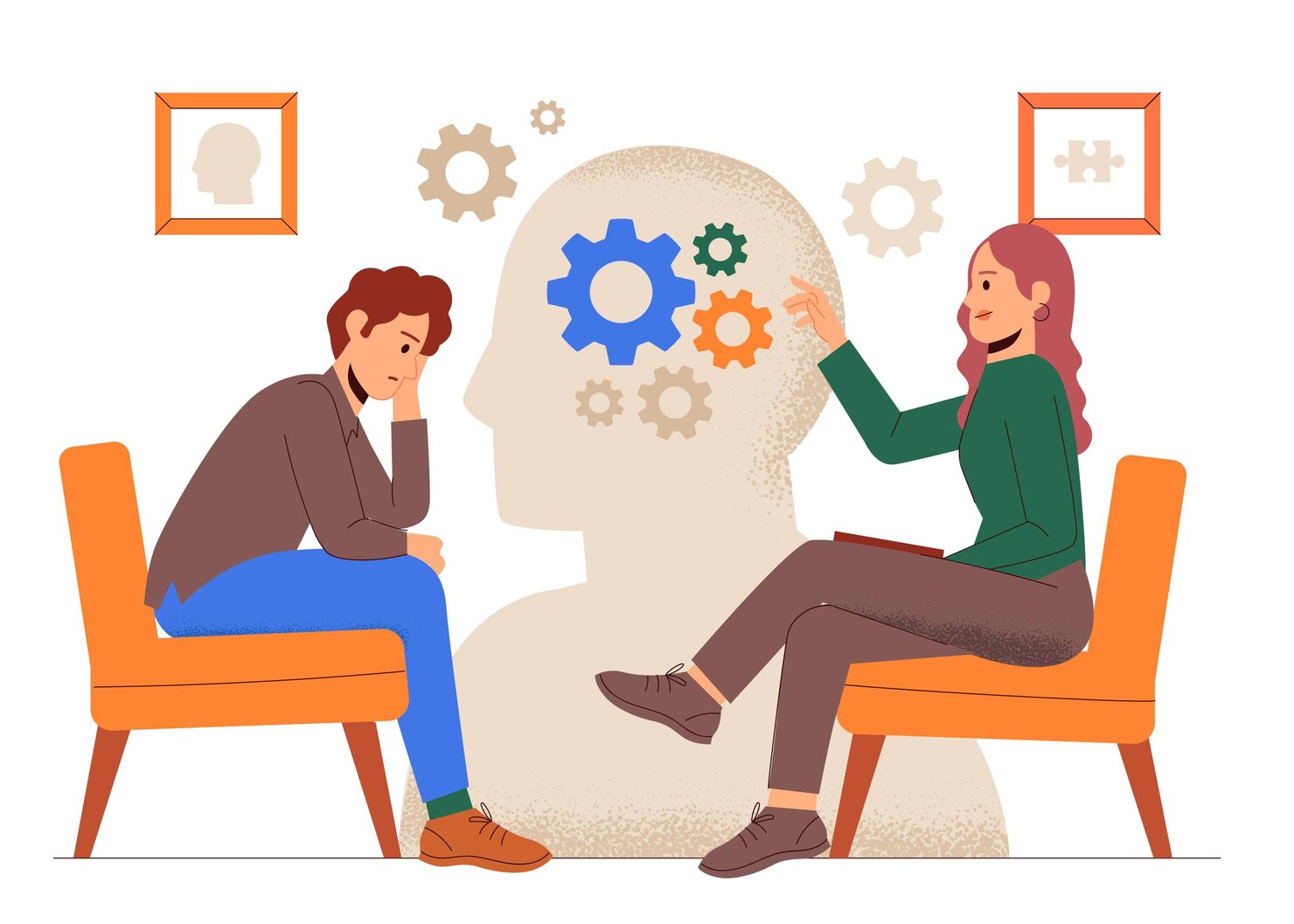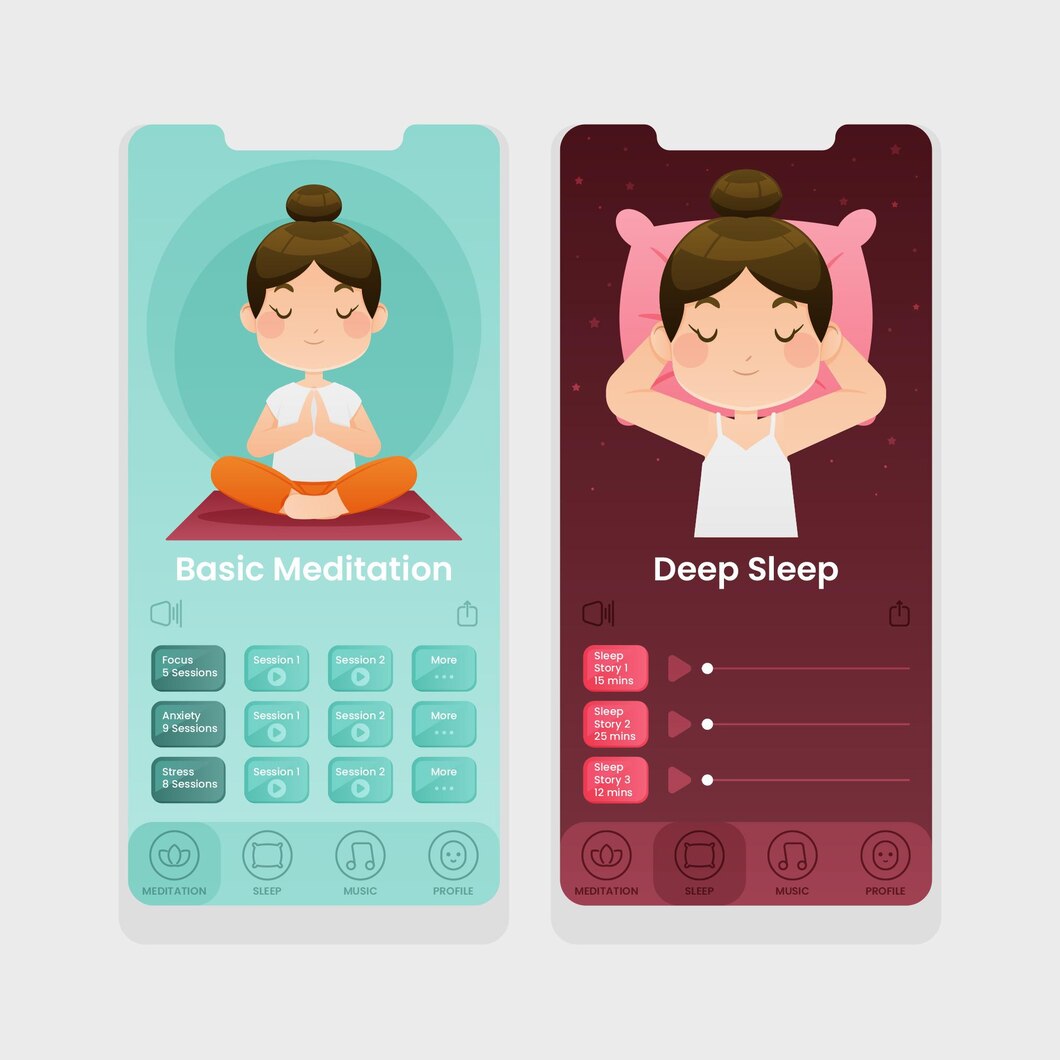Introduction
In today’s fast-paced world, stress and negativity often dominate our thoughts. However, one simple habit—practicing gratitude—can significantly improve mental well-being. Gratitude helps shift focus from what’s missing to what’s present, fostering positivity, emotional resilience, and overall happiness.
Research shows that people who regularly express gratitude experience lower stress levels, better sleep, and improved relationships. In this article, we’ll explore how gratitude enhances mental wellness and provide practical ways to incorporate it into daily life.
1️⃣ How Gratitude Improves Mental Health
Gratitude isn’t just about saying “thank you”; it’s a mindset that positively impacts the brain and emotions. Here’s how it helps:
✔️ Boosts Positivity – Gratitude rewires the brain to focus on positive experiences rather than stress and negativity.
✔️ Reduces Anxiety & Depression – Studies show that gratitude increases dopamine and serotonin, the brain’s “happiness chemicals.”
✔️ Enhances Emotional Resilience – Expressing gratitude helps people cope better with challenges and setbacks.
✔️ Strengthens Relationships – Appreciating others fosters deeper connections and reduces feelings of loneliness.
Practicing gratitude daily creates a more optimistic and emotionally stable mindset.
2️⃣ The Science Behind Gratitude & the Brain
Gratitude has neurological benefits that improve mental health over time:
🧠 Activates the Prefrontal Cortex – The brain area responsible for decision-making and emotional regulation.
💡 Increases Neuroplasticity – Helps the brain form new positive thought patterns, reducing automatic negative thinking.
❤️ Lowers Cortisol (the Stress Hormone) – People who practice gratitude experience lower stress and anxiety levels.
By consistently focusing on gratitude, we train our minds to find joy and appreciation in everyday life.
3️⃣ Simple Ways to Practice Gratitude Daily
Incorporating gratitude into your routine doesn’t require major life changes. Here are easy, effective ways to build a gratitude habit:
📖 Keep a Gratitude Journal
✔️ Write down 3 things you’re grateful for every morning or night.
✔️ Focus on small moments—a kind gesture, a good meal, or a peaceful moment.
💬 Express Gratitude to Others
✔️ Say thank you sincerely to friends, family, or coworkers.
✔️ Send a thank-you note or message to someone who made an impact in your life.
🌿 Practice Mindful Gratitude
✔️ Pause and appreciate nature, a deep breath, or the warmth of the sun.
✔️ Before bed, recall one positive thing that happened during the day.
💡 Reframe Negative Thoughts
✔️ Instead of focusing on stress, find something positive in the situation.
✔️ Example: Instead of thinking “I have too much work,” say “I’m grateful for opportunities to grow.”
Small shifts in thinking lead to long-term mental health benefits.
4️⃣ The Long-Term Benefits of Gratitude
Gratitude isn’t just a temporary mood booster—it brings lasting improvements in mental well-being:
✔️ Better Sleep – Studies show that grateful people fall asleep faster and experience deeper, more restful sleep.
✔️ Increased Self-Esteem – Focusing on appreciation reduces comparison and self-doubt.
✔️ More Emotional Stability – Gratitude helps regulate mood swings and stress responses.
✔️ Higher Overall Happiness – People who practice gratitude report greater life satisfaction.
Making gratitude a daily habit transforms mental wellness, leading to greater peace and fulfillment.
Conclusion
Gratitude is a powerful tool for mental wellness, offering a simple yet effective way to reduce stress, boost happiness, and strengthen relationships. By making gratitude a daily practice—through journaling, mindful reflection, or expressing appreciation—you can create a positive mindset and build emotional resilience.
💡 Start small. Focus on one thing you’re grateful for today—and watch how it changes your perspective!
🚀 What are you grateful for today? Begin your gratitude journey now!



